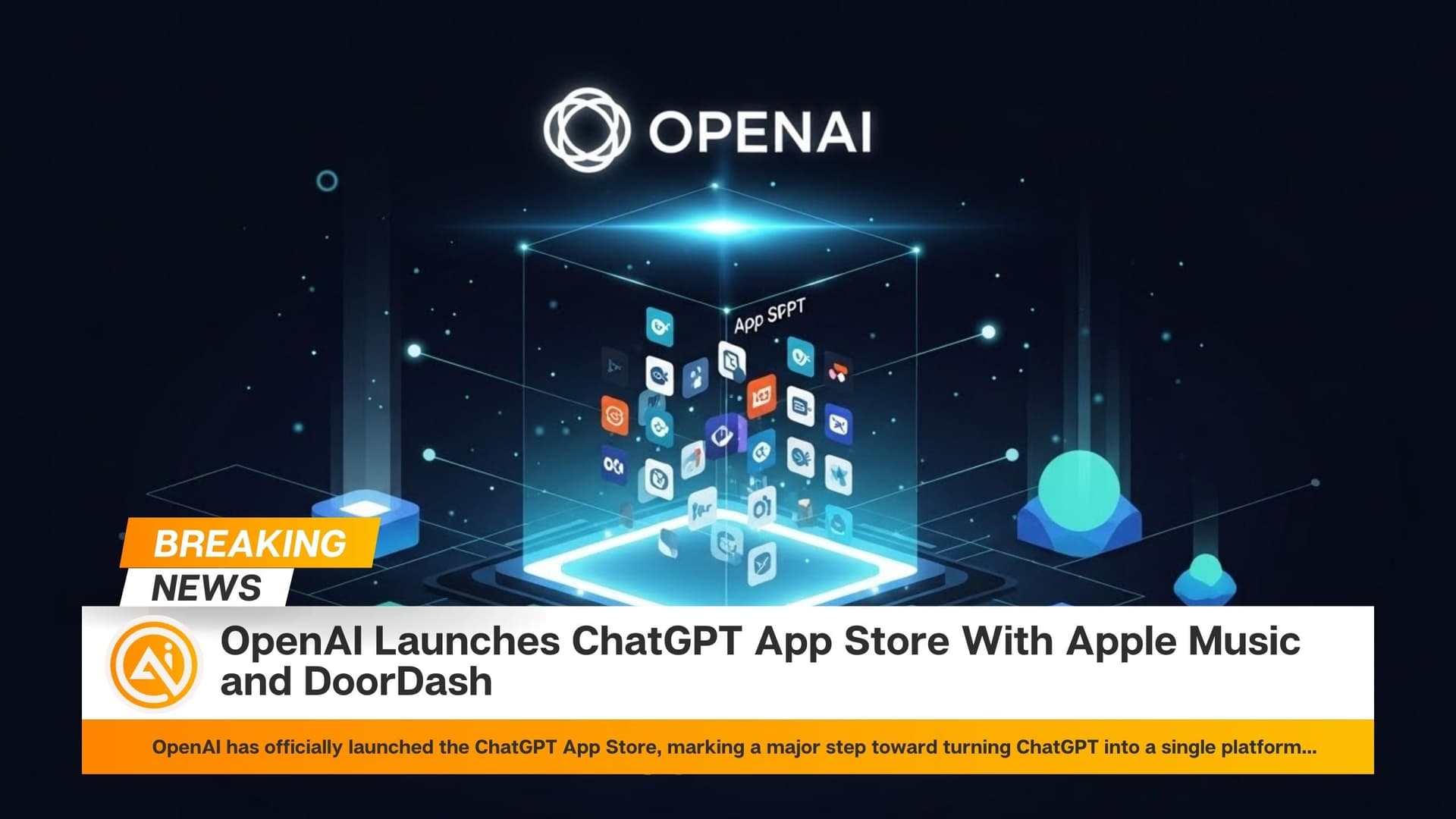Deep Cogito, a new AI startup, has emerged from stealth mode, introducing a line of models known as Cogito 1 that feature switchable reasoning and non-reasoning modes. These hybrid models aim to combine the depth of reasoning seen in advanced AI, like OpenAI's o1, with the speed of standard models.
Such reasoning capabilities have shown effectiveness in complex domains like math and physics, allowing models to self-validate through step-by-step problem-solving. However, this depth can result in increased computing demands and longer response times. To address this, Deep Cogito designed its models to quickly manage simpler inquiries while dedicating additional time to tackle challenging ones.
The Cogito 1 models range in size from 3 billion to 70 billion parameters, with plans to release variants up to 671 billion parameters in the near future. Parameters are crucial, as they indicate a model's problem-solving aptitude, with larger models generally exhibiting superior performance. Notably, Cogito's development utilized existing models from Meta's Llama and Alibaba's Qwen, applying innovative training techniques to enhance their capabilities and offer toggleable reasoning features.
Benchmark tests reveal that Cogito's largest model, the 70B, excels in specific math and language evaluations compared to competitors like DeepSeek’s R1 model. Moreover, when reasoning is disabled, it outperforms Meta’s Llama 4 Scout model in LiveBench tests, a metric for general AI performance. All Cogito 1 models are currently accessible for download or via APIs on platforms like Fireworks AI and Together AI.
Founded in June 2024 and backed by entities such as South Park Commons, Deep Cogito was co-founded by Drishan Arora and Dhruv Malhotra. The company is committed to developing advanced AI systems capable of outperforming humans in various tasks and exploring new capabilities that have yet to be imagined, ultimately aiming for "general superintelligence."
